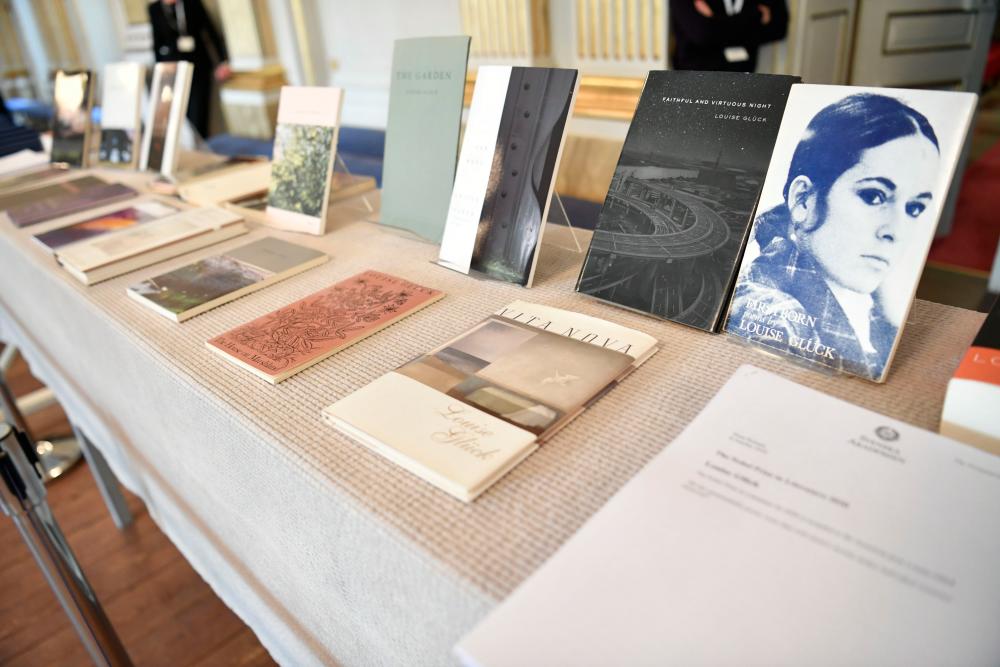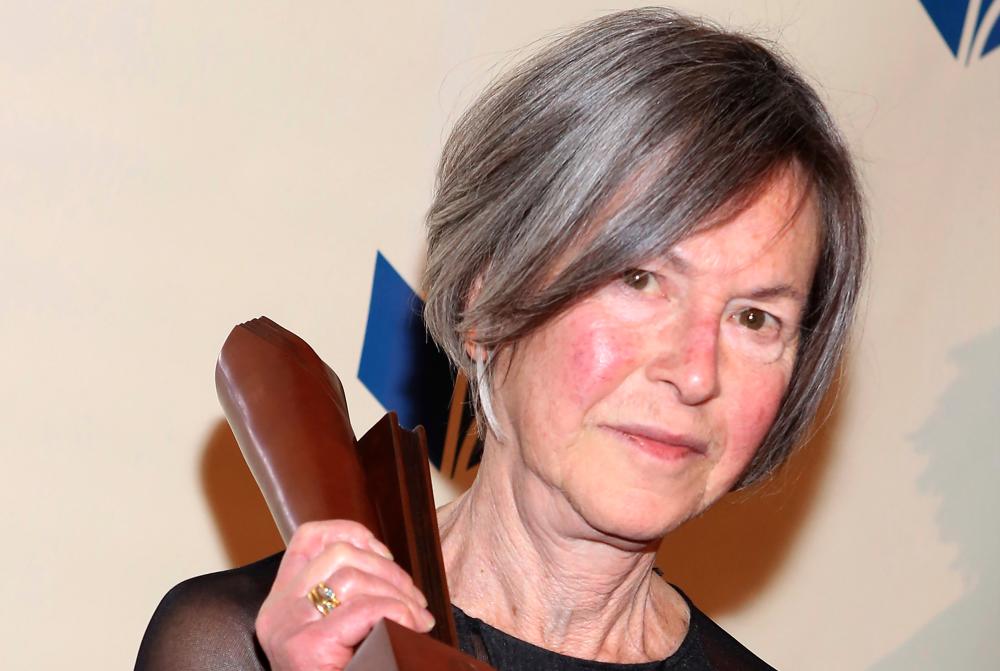AMERICAN poet Louise Gluck won the 2020 Nobel Literature Prize on Oct 8, an unexpected choice known for themes of childhood and family life that draw inspiration from myths and classical motifs.
Gluck, 77, was honoured “for her unmistakable poetic voice that with austere beauty makes individual existence universal,“ the Academy said.
She won the Pulitzer Prize in 1993 for her collection The Wild Iris and the National Book Award for her latest collection, Faithful and Virtuous Night, in 2014.
The pick came as a surprise to the poet herself, who told news agency TT that she didn’t expect the Academy would’ve considered her.
“No. I mean I’m a white American lyric poet. And I thought well maybe in a different century, but not now,“ she said.
Gluck was not seen as a favourite for the Nobel in the run-up toOct 8’s announcement – though betting sites’ odds on her reportedly plunged just before the announcement.
The chair of the Academy’s Nobel committee, Anders Olsson, lamented that she was not more well-known, “at least outside the US’ borders”, and had not been translated into many other languages.
Gluck was the US Poet Laureate in 2003-2004.
Masterly
She is the fourth woman to win the Nobel Literature Prize in the past decade –after Olga Tokarczuk, Svetlana Alexievich and Alice Munro– and only the 16th since the Nobel prizes were first awarded in 1901.
A professor of English at Yale University, Gluck “seeks the universal, and in this she takes inspiration from myths and classical motifs, present in most of her works,“ the Academy said in its prize citation.
“The voices of Dido, Persephone, and Eurydice –the abandoned, the punished, the betrayed – are masks for a self in transformation, as personal as it is universally valid.”
Her work is known for its emotional intensity, often reflecting on her own personal experiences, modern life and nature.
Her collections The Triumph of Achilles (1985) and Ararat (1990) address “almost brutally straightforward images of painful family relations”, the jury said, noting that her use of a “deceptively natural tone is striking”, with “no trace of poetic ornament.”
Gluck is also a “poet of radical change and rebirth”, her work often marked by “humour and biting wit”, the jury added. In her poem Snowdrops, she describes the miraculous return of life after winter.
Her 2006 collection Averno was a “masterly collection, a visionary interpretation of the myth of Persephone’s descent into Hell in the captivity of Hades, the god of death,“ the Academy said.
TS Eliot, John Keats, William Blake and Emily Dickinson are among the poets who have influenced her work.
Born in New York City into a Hungarian Jewish family, Gluck starting reading and writing poetry as a child, encouraged by her father, who invented the X-Acto Knife but had a penchant for writing.
She developed anorexia while in high school, and decided to forego full-time college in order to focus on her rehabilitation and therapy.
In a 2012 interview, she credited psychoanalysis with teaching her how to think.
She described writing poetry as “often a torment, a place of suffering, harrowing” before “a kind of tranquility” sets in after having completed a piece.
Ceremony cancelled
This year’s prize to Gluck was seen as largely uncontroversial.
Last year, the Swedish Academy gave the nod to Austrian novelist Peter Handke which unleashed a flood of criticism, as many wondered how it could award a writer known for supporting Serbian leader Slobodan Milosevic in the Balkan wars and playing down his army’s atrocities.
The Academy defended that choice as being made solely on literary merit without political considerations.
The Nobel Prize comes with a medal and a prize sum of 10 million Swedish kronor (about $1.1 million).
Winners normally receive their Nobel from King Carl XVI Gustaf at a formal ceremony in Stockholm on December 10, but the pandemic means it has been replaced by a televised ceremony showing the laureates receiving their awards in their home countries.
Gluck said she was “very sad” the formal ceremony had been cancelled even if she prefers to stay out of the limelight.
“The idea of giving a speech is not my happiest thought, but it would have been such a rare adventure for me,“ she told TT.
So far this year, four women have won Nobel prizes, closing in on 2009’s record of five female laureates.
The other three are Emmanuelle Charpentier of France and Jennifer Doudna of the US who shared the chemistry prize on Oct 7, and Andrea Ghez of the US who shared the physics prize with two male colleagues on Oct 6.
- AFP










